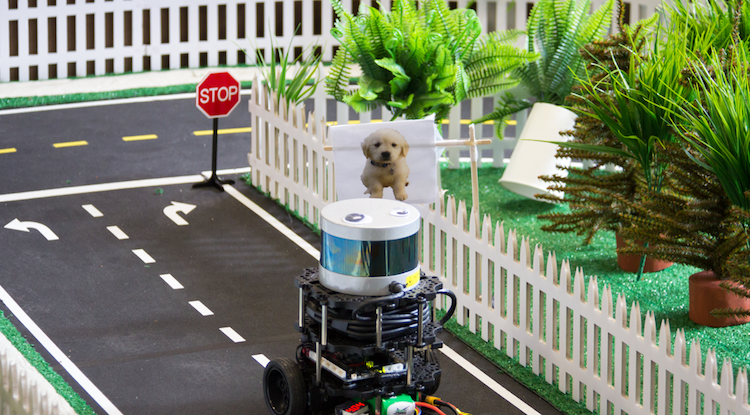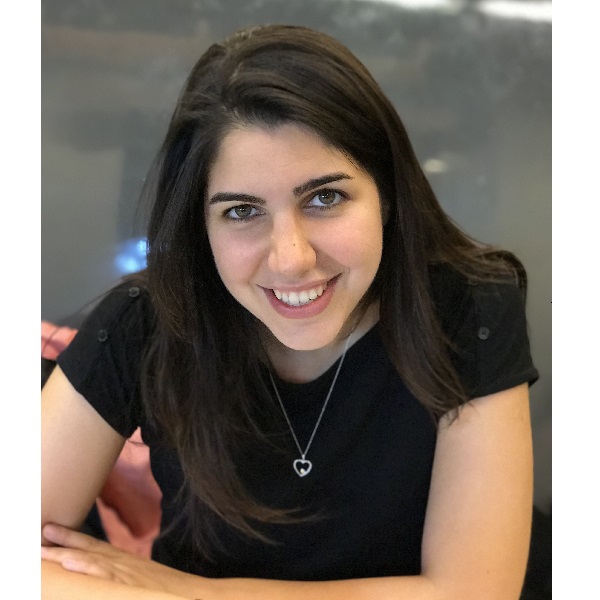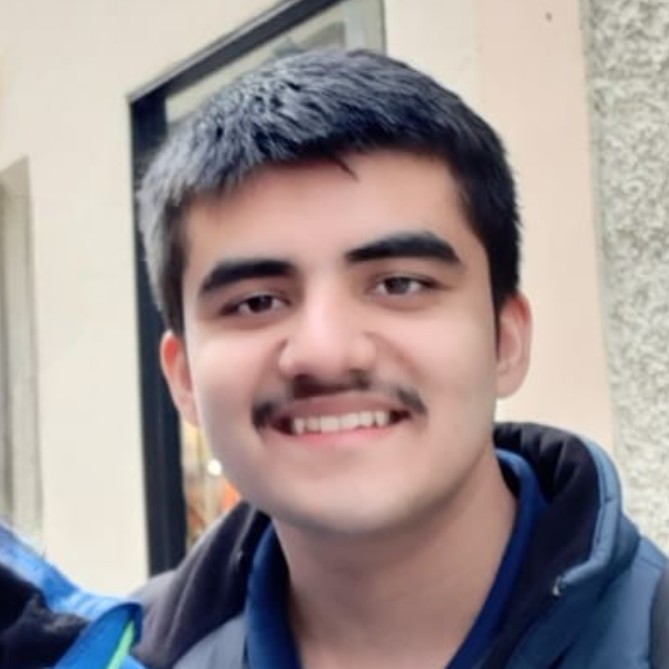AA 174B / AA 274B / CS 237B / EE 260B
Principles of Robot Autonomy II
Winter 2024

Course Description
This course teaches advanced principles for endowing mobile autonomous robots with capabilities to autonomously learn new skills and to physically interact with the environment and with humans. Concepts that will be covered in the course are: Reinforcement Learning (RL) and its relationship to optimal control, contact and dynamics models for prehensile and non-prehensile robot manipulation, as well as imitation learning and human intent inference. Students will learn the theoretical foundations for these concepts. Prerequisites: CS106A or equivalent, CME 100 or equivalent (for linear algebra), CME 106 or equivalent (for probability theory), and AA 174A/274A.
Instructors
 Prof. Jeannette Bohg
Prof. Jeannette Bohg
|
 Prof. Marco Pavone
Prof. Marco Pavone
|
 Prof. Dorsa Sadigh
Prof. Dorsa Sadigh
|
|---|
Course Assistants
 Tanmay Agarwal
Tanmay Agarwal
|
 Abhyudit Manhas
Abhyudit Manhas
|
 Claire Chen
Claire Chen
|
|---|
Meeting Times
Lectures meet on Mondays and Wednesdays from 1:30pm to 2:50pm at Packard 101.
Prof. Bohg's office hours are Wednesdays, 9:00am - 10:00am in Gates 244 and on Zoom.
Prof. Pavone's office hours are Tuesdays 1:00pm - 2:00pm in Durand 261.
Prof. Sadigh's office hours are Fridays 9:00am - 10:00am in Gates 246 or by appointment.
CA office hours are:
- Mondays from 10:00am to 11:30am (Tanmay, Gates 287)
- Tuesdays starting week 2 from 10:30am to 12:00pm (Claire, Gates 200)
- Wednesdays from 10:00am to 11:30am (Tanmay, Zoom) and 4:30pm to 6:00pm (Abhyudit, Gates 287)
- Fridays 9:30am to 11:00am (Abhyudit, Zoom)
Syllabus
The class syllabus can be found here.
Schedule
Subject to change. Lecture recordings will be posted on Canvas.
Blue: learning-based control and perception
Red: interaction with the physical environment
Green: interaction with humans
| Week | Topic | Lecture Slides | Lecture Notes |
|---|---|---|---|
| 1 |
(Jan 08) Course overview, intro to ML for robotics
(Jan 10) Neural networks and Tensorflow tutorial (Jan 12) HW1 out |
Lecture 1
Lecture 2 |
Lecture 1
Colab notebook |
| 2 |
(Jan 15) Martin Luther King Jr. Day (no class)
(Jan 17) Markov decision processes |
Lecture 3 |
Lecture 3 |
| 3 |
(Jan 22) Intro to RL
(Jan 24) Model-based and model-free RL for robot control |
Lecture 4
Lecture 5 |
Lectures 4 & 5
|
| 4 |
(Jan 29) Learning-based perception
(Jan 31) Fundamentals of grasping and manipulation I (Feb 02) HW1 due, HW2 out |
Lecture 6
Lecture 7 |
Lecture 6
Lectures 7 & 8 & 9 |
| 5 |
(Feb 05) Fundamentals of grasping and manipulation II
(Feb 07) Learning-based grasping and manipulation (Feb 9) Exam 1 |
Lecture 8
Lecture 9 |
|
| 6 |
(Feb 12) Interactive Perception
(Feb 14) Imitation learning I (Feb 16) HW2 due, HW3 out |
Lecture 10 Lecture 11 |
Lectures 11+ |
| 7 |
(Feb 19) Presidents' Day (no class)
(Feb 21) Guest Lecture (Quan Vuong) - Lecture will be on Zoom ONLY (see Ed for link) (Feb 23) Exam 2 |
||
| 8 |
(Feb 26) Imitation learning II
(Feb 28) Learning from human feedback |
Lecture 12 | |
| 9 |
(Mar 04) Learning from human feedback
(Mar 06) Shared autonomy (Mar 08) HW3 due |
Lecture 14
Lecture 15 |
|
| 10 |
(Mar 11) Guest lecture (Sidd Karamcheti)
(Mar 13) Paper presentations (Mar 15) Exam 3 |